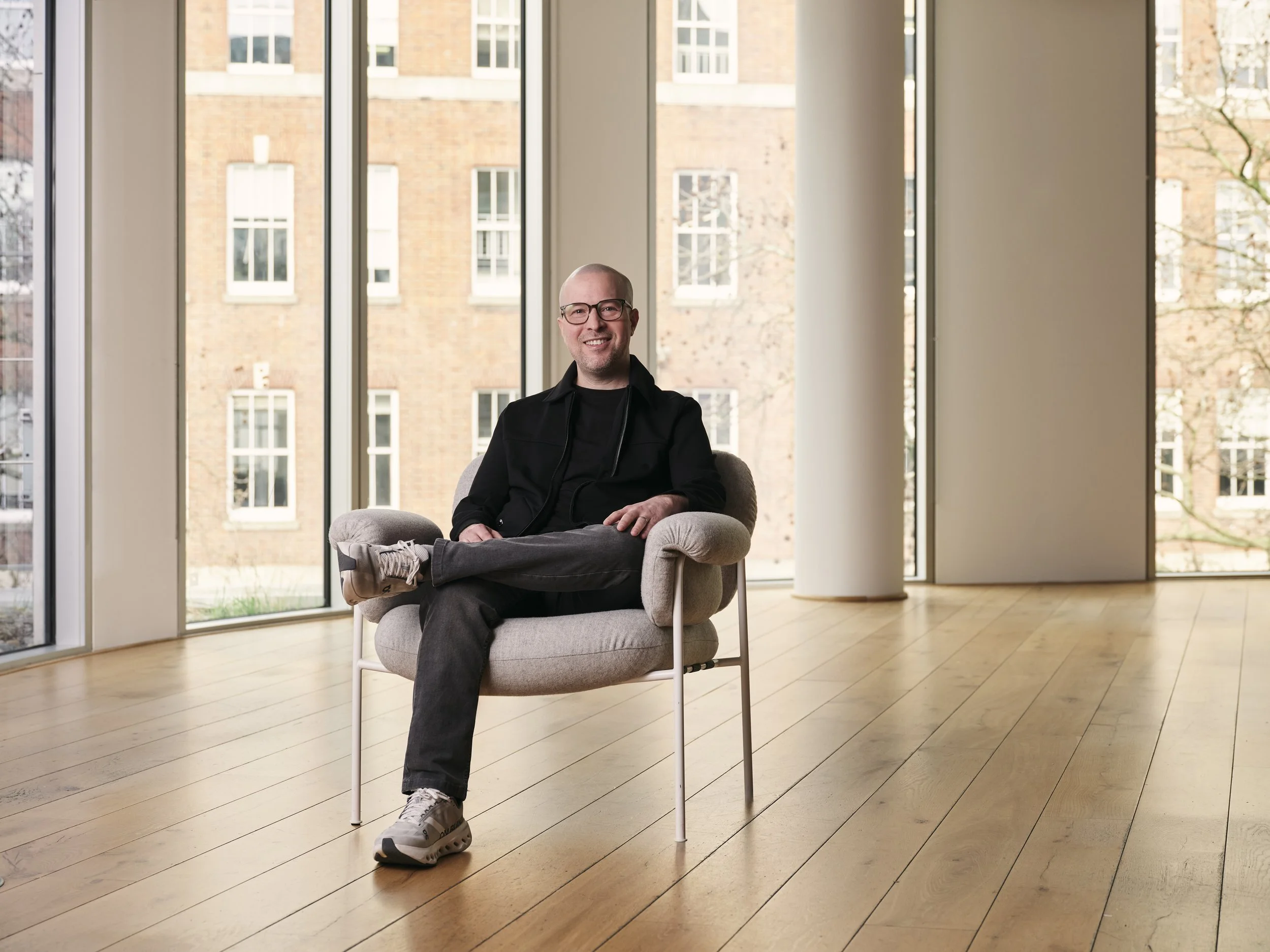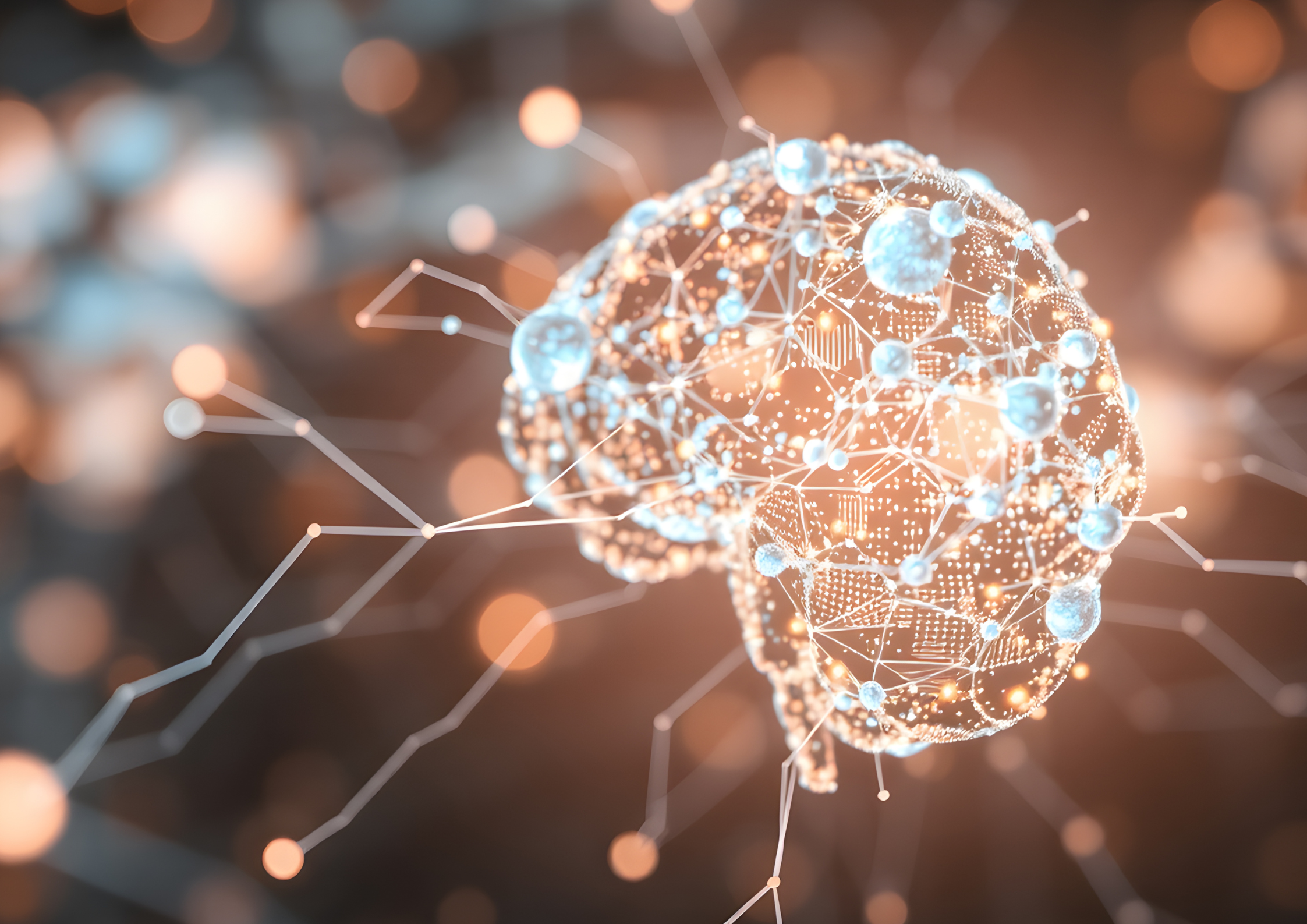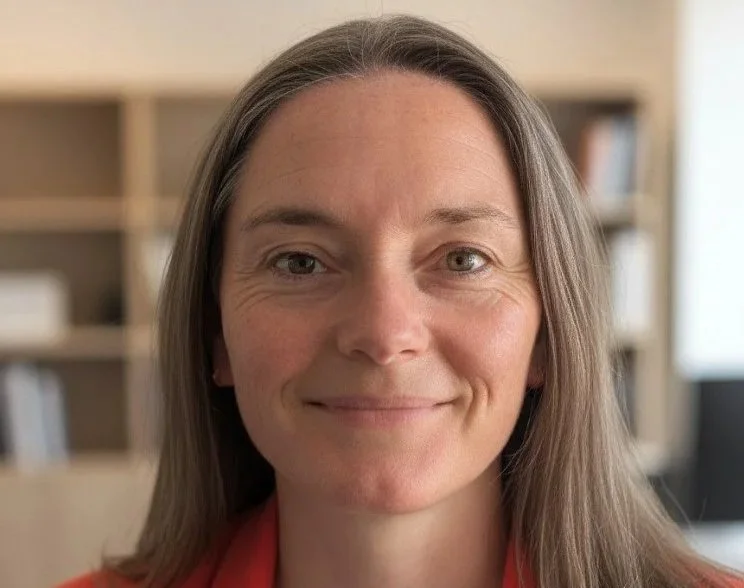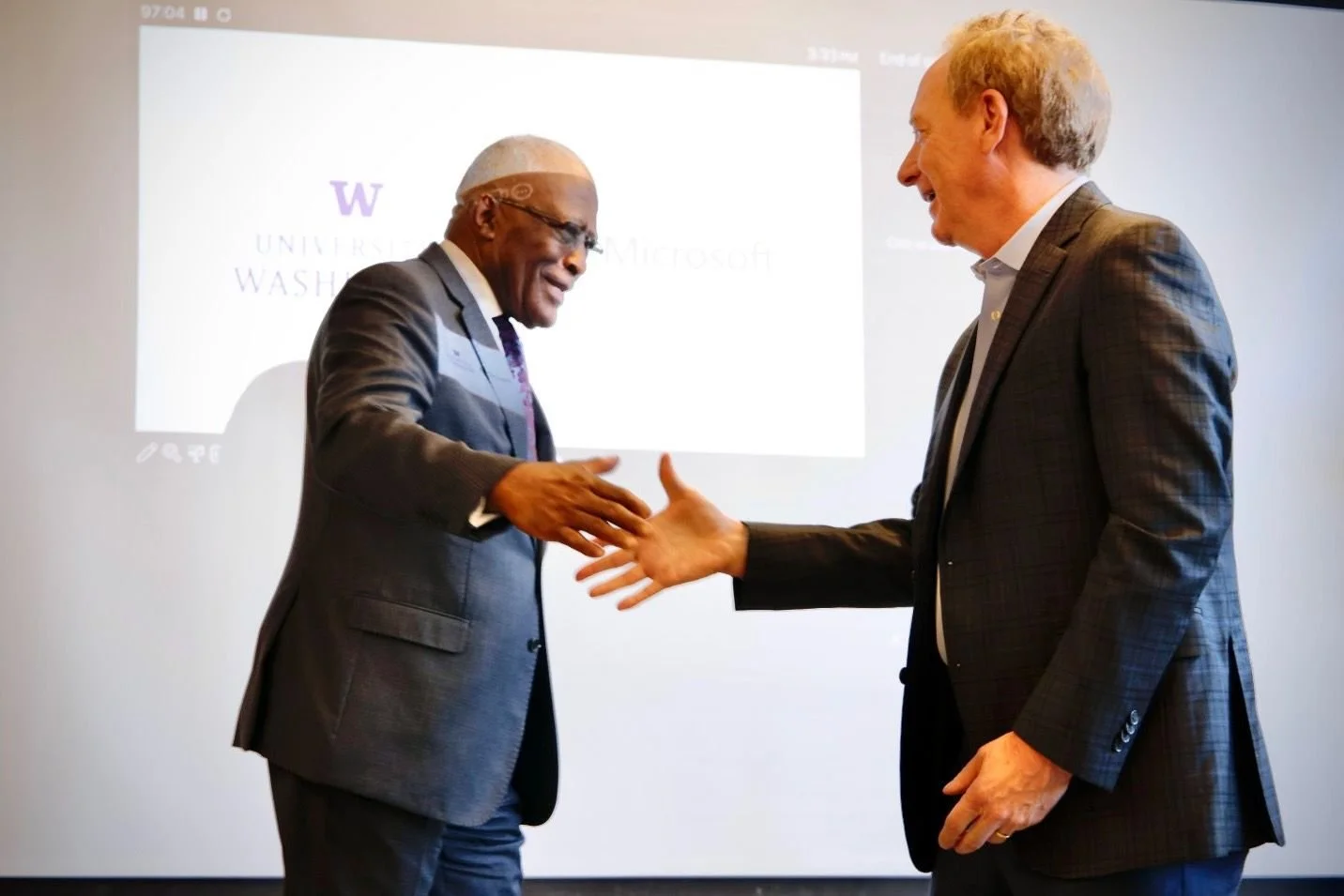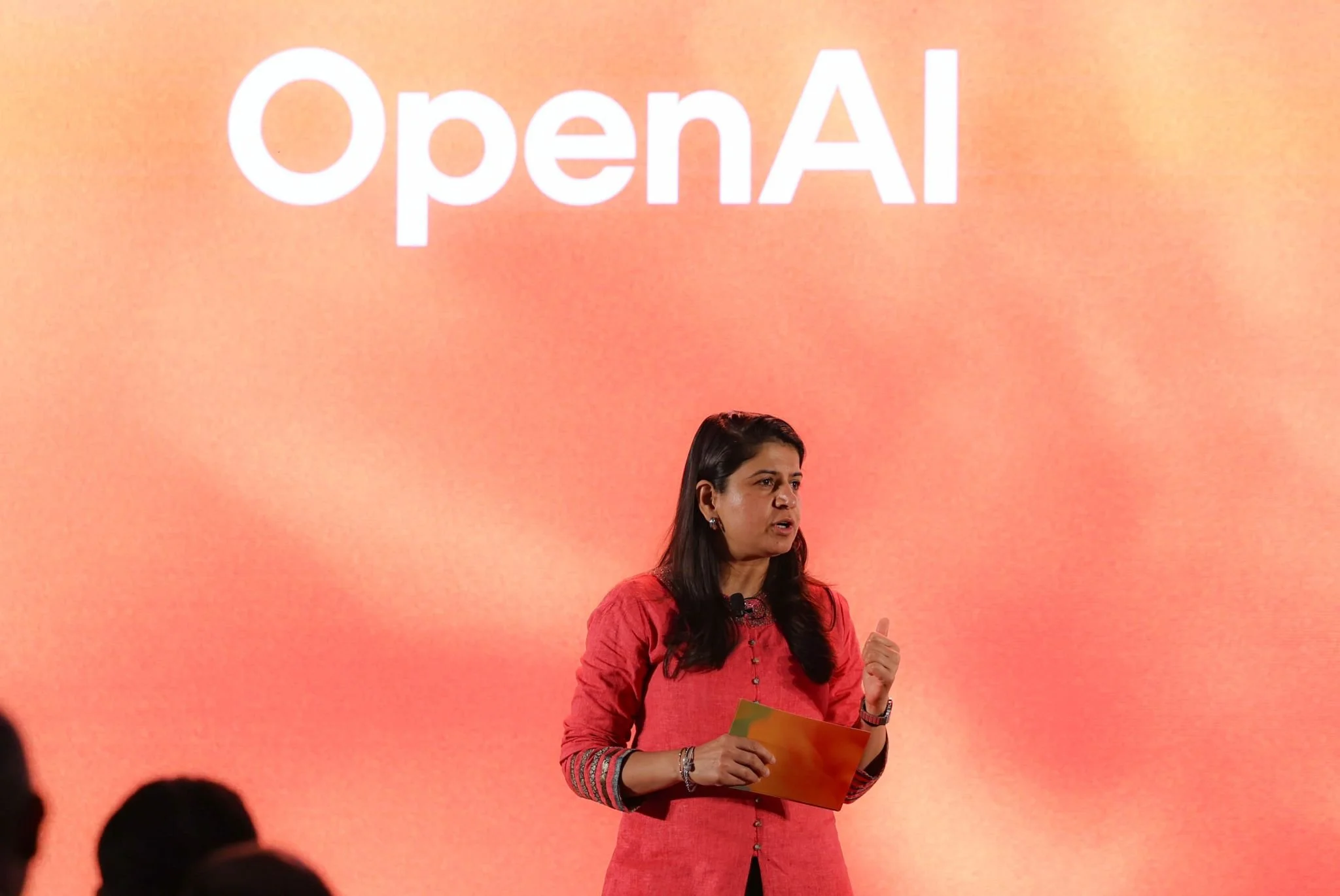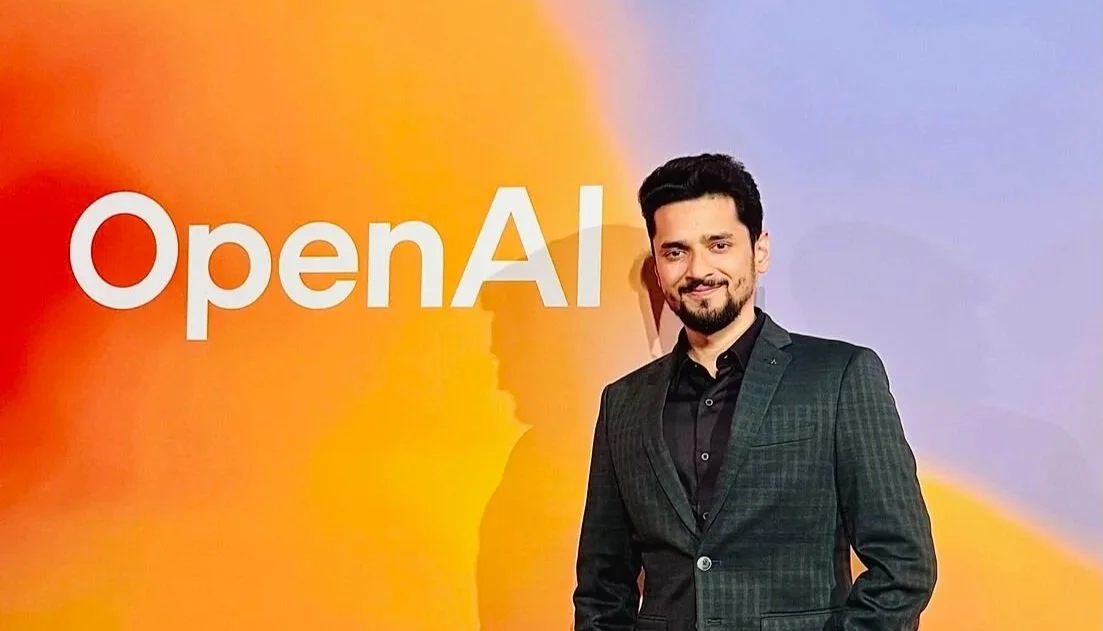OpenAI’s Shaig Abduragimov to teach AI engineering and low-code data science at Oxford
OpenAI’s Solutions Lead for Government and Education, Shaig Abduragimov, has taken to LinkedIn to announce he will guest lecture on two courses at the University of Oxford’s Department for Continuing Education.
Shaig Abduragimov, Solutions Lead for Government and Education across EMEA and APAC at OpenAI, has used LinkedIn to confirm he will teach on two Oxford courses in the coming months.
The programs sit within the University of Oxford’s Department for Continuing Education, which delivers professional learning and accredited courses for working professionals.
Abduragimov will lecture first on the Low-Code Data Scientist course for non-technical professionals, followed by the AI Engineering program for a more technical cohort.
The latter focuses on building and deploying AI systems using large language models and full-stack agentic frameworks.
In his announcement, Abduragimov wrote, “This is my first time teaching — and at Oxford, no less,” adding that he grew up “surrounded by people who cared deeply about education, with teachers in one generation and missed opportunities in the next.”
Courses focus on agentic systems, safety, and practical AI development
Oxford’s AI Engineering course covers foundation models, RAG, prompt engineering, multi-step agent design, vibe coding, LLM-native interfaces, and guardrails for safe deployment. Participants complete hands-on exercises and a capstone project using tools such as LangGraph, CrewAI, LlamaIndex, and cloud-native architectures.
Abduragimov stated that his sessions will focus on the “foundations of agentic systems, safety-first design, and moving from idea to working solution using OpenAI tools.” He added that the goal is to give learners the “mental models to work with AI rather than observe it from a distance.”
The Low-Code Data Scientist course introduces AI and analytics concepts to professionals without a technical background. Both programs require 75 percent attendance and combine online weekday sessions with longer weekend blocks.
Abduragimov described how his family history shaped his decision to begin teaching, noting how his late grandparents taught Russian and Mathematics in rural Soviet Azerbaijan, while his parents’ studies were interrupted by conflict.
He wrote, “Stepping into a teaching role now feels like a way to support learners who may be standing at their own inflection points in a rapidly changing world,” before thanking course director Ajit Jaokar “for the opportunity and for curating such thoughtful programmes.”
The ETIH Innovation Awards 2026
The EdTech Innovation Hub Awards celebrate excellence in global education technology, with a particular focus on workforce development, AI integration, and innovative learning solutions across all stages of education.
Now open for entries, the ETIH Innovation Awards 2026 recognize the companies, platforms, and individuals driving transformation in the sector, from AI-driven assessment tools and personalized learning systems, to upskilling solutions and digital platforms that connect learners with real-world outcomes.
Submissions are open to organizations across the UK, the Americas, and internationally. Entries should highlight measurable impact, whether in K–12 classrooms, higher education institutions, or lifelong learning settings.







